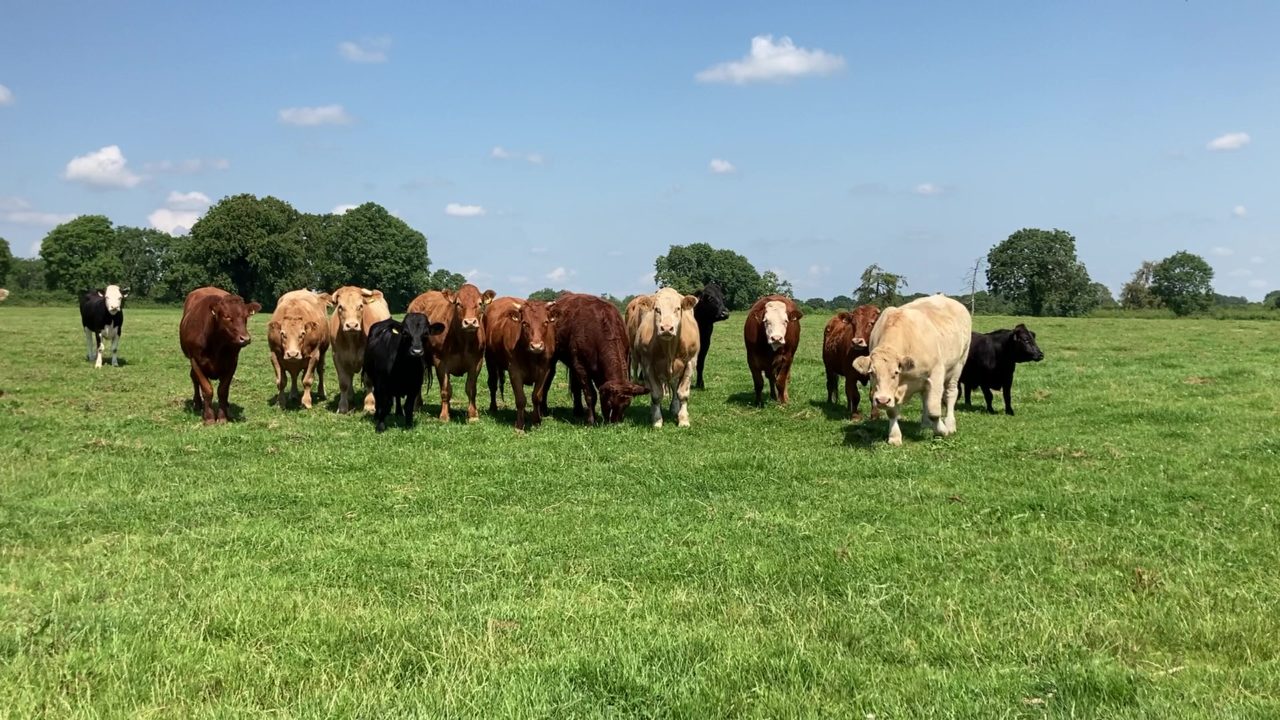The Irish Beef and Lamb Association (IBLA) has written to the Minister for Agriculture, Food and the Marine, Charlie McConalogue to outline concerns on Ireland’s strategic plan for the Common Agricultural Policy (CAP).
The plan was approved by Cabinet on December 21 before being sent to the European Commission.
Further detailed engagement will take place with the commission in the first half of 2022, and the approval process is likely to last up to nine months, with the new CAP coming into effect on January 1, 2023.
Minister McConalogue said this CAP is a “farmer-friendly and fair one which will offer confidence and clarity around our farm payments over the coming years”.
IBLA
The IBLA wrote to the minister on Christmas Eve to outline concerns it has on several aspects of the eco-scheme proposals.
The eco-scheme will come into effect as part of the new CAP 2023 to 2027; 25% of the Pillar I CAP budget will be ringfenced for the scheme.
It is understood that farmers will choose two options from eight measures to maximise their payment under the eco-scheme; farmers will have the opportunity to opt in or out on an annual basis.
The aim is to ensure the widest possible take-up of the targeted actions, thereby ensuring a wide-ranging impact across the entire land area.
Among the eight measures is the promotion of traditional grassland farming practices at extensive animal stocking rates.
To qualify, the stocking rate over the previous year must be between a minimum (0.15LU/hectare) and a maximum (proposed as 1.5LU/hectare).
The IBLA said that based on these figures a ceiling of 95kg of organic nitrogen (N)/ha would be placed on farmers as a qualifying condition for the eco-scheme.
IBLA believes that the maximum rate of organic N allowable per hectare must be raised to 130kg/ha, otherwise thousands of farmers will be excluded from availing of CAP payments and will suffer financial loss on their farms.
“The devil is hidden in the detail, but most farmers are unaware of the small print. Farmers should now pick up the phone to their local representatives and ask them to lobby to have the 95kgN/ha increased to 130kgN/ha,” the group stated.
IBLA said that it wants to protect the national herd and prevent any attempt to reduce livestock numbers significantly in Ireland.
Chemical Nitrogen
Another eco-scheme measure available to farmers will see a limit on chemical nitrogen (N) usage.
To qualify the farmer must not exceed a certain level of chemical nitrogen across their holding in the year of eco-scheme participation, based on stocking rate:
Stocking rate 2022 by organic N/ha Limit on chemical N application per ha in 2023 Less than 90kg 73kg 91kg to 130kg 89kg 131kg to 170kg 165kg 171kg to 210kg 240kg Greater than 210kg 214kg
The IBLA said it has outlined its concern to Minister McConalogue about how these various bands could impact on different farming enterprises.
The group noted that the upper limits for chemical N applications for derogation farms has only been reduced by 4%, whereas on non-intensive farms stocked at 91kg to 130kg of organic nitrogen (N)/ha there is a 56% reduction in the amount of chemical N that can be applied on these holdings.
